Should the NHL Implement 3 Point Games?
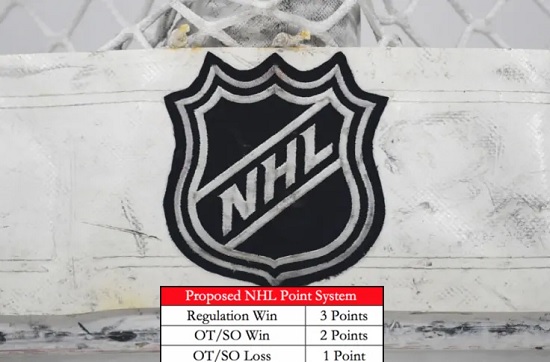
The NHL has created a problem for itself with its insistence on award loser points and taking games that could decide playoff spots to skills competitions.
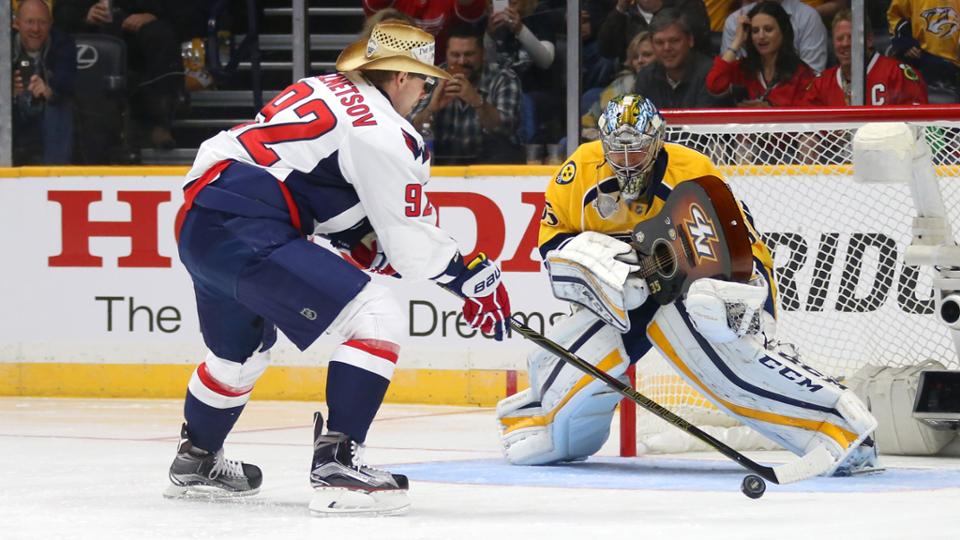
Alas, this isn’t an article about whether the NHL should get rid of the skills competition shootout at the end of overtime. The NHL loves the shootout and has reiterated its support for the skills competition shootout many times in the 15 years since it came to exist.
So if we accept, however begrudgingly, that the shootout is here to stay. How can the NHL become a little bit more fair for deserving teams?
Let’s just take a look at last season’s best and worst regular season teams and see how much shootout points helped them. The Boston Bruins finished first in the NHL with 100 points in the pandemic-shortened season. On the opposite end of the spectrum, the lowly Detroit Red Wings finished with a measly 39 points in 71 games. The Bruins actually accrued more wins (44) than the Wings point total.
So clearly the Bruins were the far superior team, right?

Well, not in the shootout. The league-leading Bruins stumbled to an 0-7 record in shootouts. The Wings found a way to get three extra points and finished 3-2 in the shootout this year.
This proves there is no correlation between good teams and shootout wins. The problem for both overtime and shootouts is that they are worth the same as a regulation win. To make matters worse, when the NHL GMs voted in the shootout in 2005, they did it based on the so-called “loser point” being guaranteed to try and create more parity in the NHL.

The problem is, don’t you hate watching a tied game with 10 minutes left knowing that it is going to overtime? There is no competition left when both teams know they get a point no matter the outcome. In fact, The Score wrote an article about how there were zero games decided with 30 seconds or less when tied through mid-January, and only three for the entire season had an outcome determined at all.
So that brings me back to the idea of a 3 point game. 3 points for a regulation win, 2 for an overtime or shootout win, and 1 for an overtime or shootout loss.
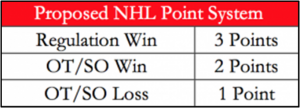
The NHL would hardly be the first league to do it. It had been used in the English Football League since 1981. It was adopted by FIFA in 1995 after being used in the 1994 World Cup and has since became the standard for most soccer tournaments and national leagues across the world. If the most popular sport in the world uses it, why can’t the NHL?
If you’re not sold on other sports, just look to the Central Collegiate Hockey Association (CCHA) , who adopted the 3 points system in 2009.
In my opinion, it would create a system that puts the emphasis on winning the game instead of just playing for a point. Especially since shootouts and three-on-three overtime is essentially just a game of luck.
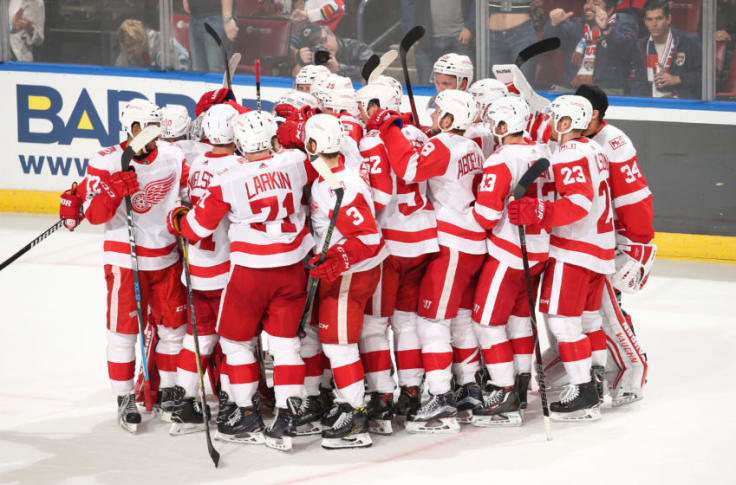
I’m also hardly the first to champion this cause, The Athletic/ESPN/TSN insider Pierre LeBrun first made a big fuss about the idea in 2009 with his article on the subject which you can read here.
I just feel that the NHL’s current parity-happy system is one in which the good teams get hurt and the bad teams get rewarded. I certainly understand the NHL’s need for parity and smaller markets succeeding. But is it really the best way to do things by hurting powerhouse teams?
The NBA feeds of the success and hatred for LeBron James and the Lakers. The MLB is great because of the universal hate for the Yankees outside of New York. The NHL’s golden days saw dynasties of Montreal, Toronto, Detroit, Boston, Chicago, New York, Los Angeles, Pittsburgh, and others in their 100 plus year history.
Wouldn’t the NHL be able to feed off the big market success (and therefore hatred) of a team like the Rangers?
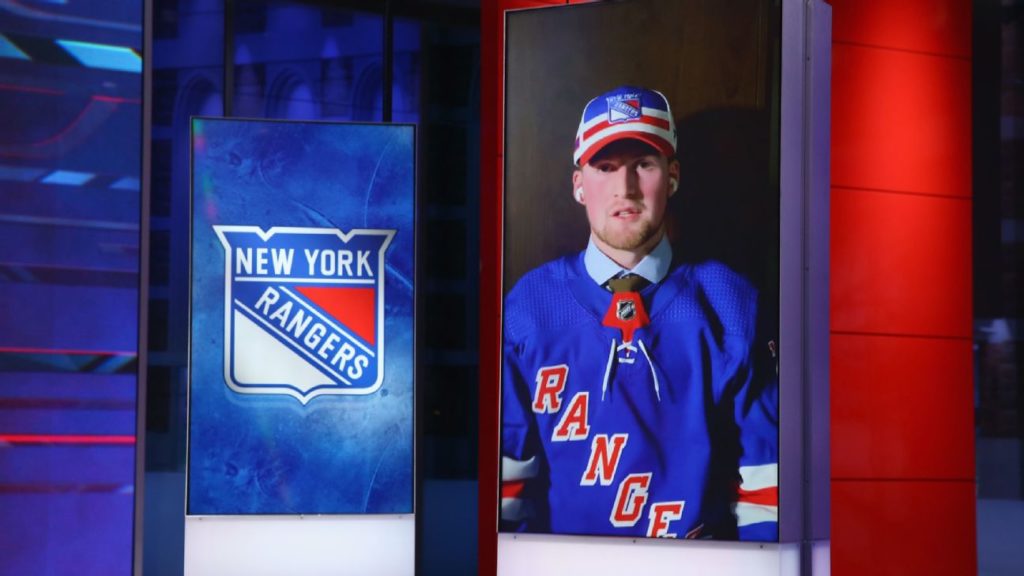
Not only that, but wouldn’t fans like you and I be more entertained in a product that had more at stake in the last period? Instead of watching teams half-heartedly skate to points we could see teams genuinely try to win games in the last period to gain on their opponents or make up space in the playoff race.
After all, isn’t the best way to get the best 16 teams into the playoffs every year by giving the best teams the most chance to get points?
Just think back to this past season where Columbus got into the playoffs with 15 overtime losses and four shootout losses (they had no shootout wins), that’s 19 loser points they gained. If they had less than half of those they would have missed the playoffs, even with this season’s weird 24 team playoff/play-in.
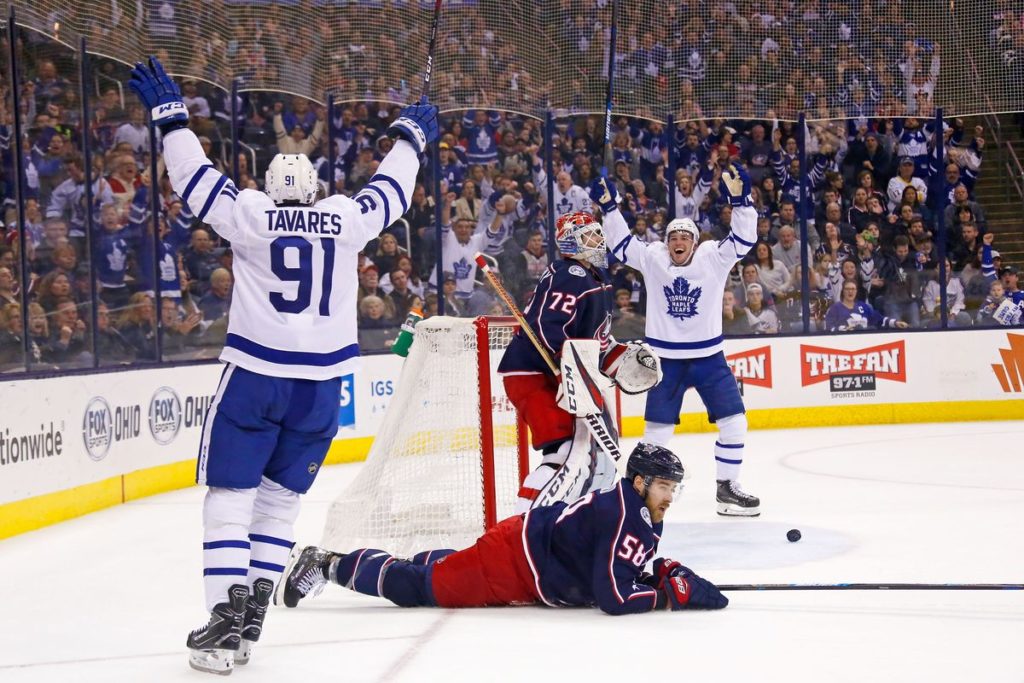
If Columbus isn’t a sexy enough underdog story to you, think to last year when the up-and-coming Avalanche had a losing record (38-30-14) but got into the second wild card with 14 loser points. To put it into perspective, the Arizona Coyotes were only 4 points behind the Avs at the end of the regular season but had 11 “loser points”. Had those points not existed or regulation wins meant more, the Avs would not have made the postseason last year. That means we wouldn’t have seen Cale Makar’s incredible breakthrough until this season, and the Calgary Flames may not be considering blowing up their core if not another early playoff exist at the hands of the Avs.
Now, is there a way to know that teams would compete harder with extra points on the line in regulation? No. However Nashville Predator’s GM, David Poile, sees that there could be a difference in the way teams approach the last few minutes with extra points on the line.
“How do you really know? Meaning, if there was a three point system wouldn’t the last five minutes of regulation be different than how the game is played now?”
I agree with Poile and I think there is enough evidence to support the theory that the stakes change with more on the line in the last few minutes in a 60 minute winner-takes-all game.
It could certainly make that last period more entertaining. The problem and the question will always be, “Do they care more about parity or fairness?”

